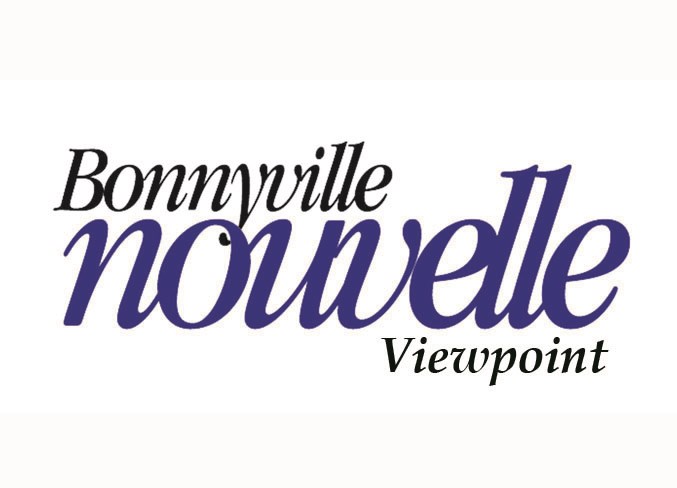The true north, strong, and free.
It’s a line from our anthem; the song we’re taught in elementary school and sing proudly before sporting events.
 Robynne Henry The Henry Hype
Robynne Henry The Henry Hype
It’s meant to instill a sense of pride inside of us, that we live in a country where we have the freedom to live the way we choose and be who we are without fear of repercussion.
My feeling of pride was dashed last week when I saw the Quebec government passed a controversial law that would bar public servants from wearing religious items while at work.
This includes public school teachers, government lawyers, judges, and police officers. Bill 21, also known as the religious symbols ban, passed with a vote of 73-35 during a marathon weekend of deliberations in Quebec’s National Assembly.
It’s attracted widespread objections from legal experts and minority groups, who are concerned it could institutionalize discrimination.
A main criticism of the law was that it unfairly targets Muslim women, as it requires people receiving or giving government services to uncover their faces for security purposes or confirming identity.
Supporters are quick to point out it also prevents men and women from wearing clothing or other items that have clear religious symbolism, such as the Jewish Kippah, the Sikh turban, and the Christian clerical collar, to name a few.
However, Bill 21 doesn’t have a concrete definition of what a religious symbol is. Some items may clearly be a religious symbol, but reporters questioned whether a wedding ring would be considered banned under the law since many are blessed by a priest during the ceremony.
While I knew that Quebec had previously tried to ban Muslim women from wearing face coverings in the past, I never thought a law like this had the possibility of becoming a reality.
Honestly, I took this decision as an insult to myself as a Canadian. I was taught the importance of religious freedom growing up, and that some people came here for the ability to practice their beliefs without the fear of punishment.
What exactly is so offensive about a woman wearing a hijab? How exactly does their decision to practice their religion affect someone so badly they think it should be banned?
When I first read that the law was passed, I thought it was a fake post on social media. I’m bombarded with vaguely racist photos surrounding religious freedom, and I thought it was just another one of those.
Digging into the subject a little more made me embarrassed because I thought my country was a lot more open-minded than this decision makes us out to be.
How can we be the land of the free if we’re telling people the way they practice their religion is wrong?



